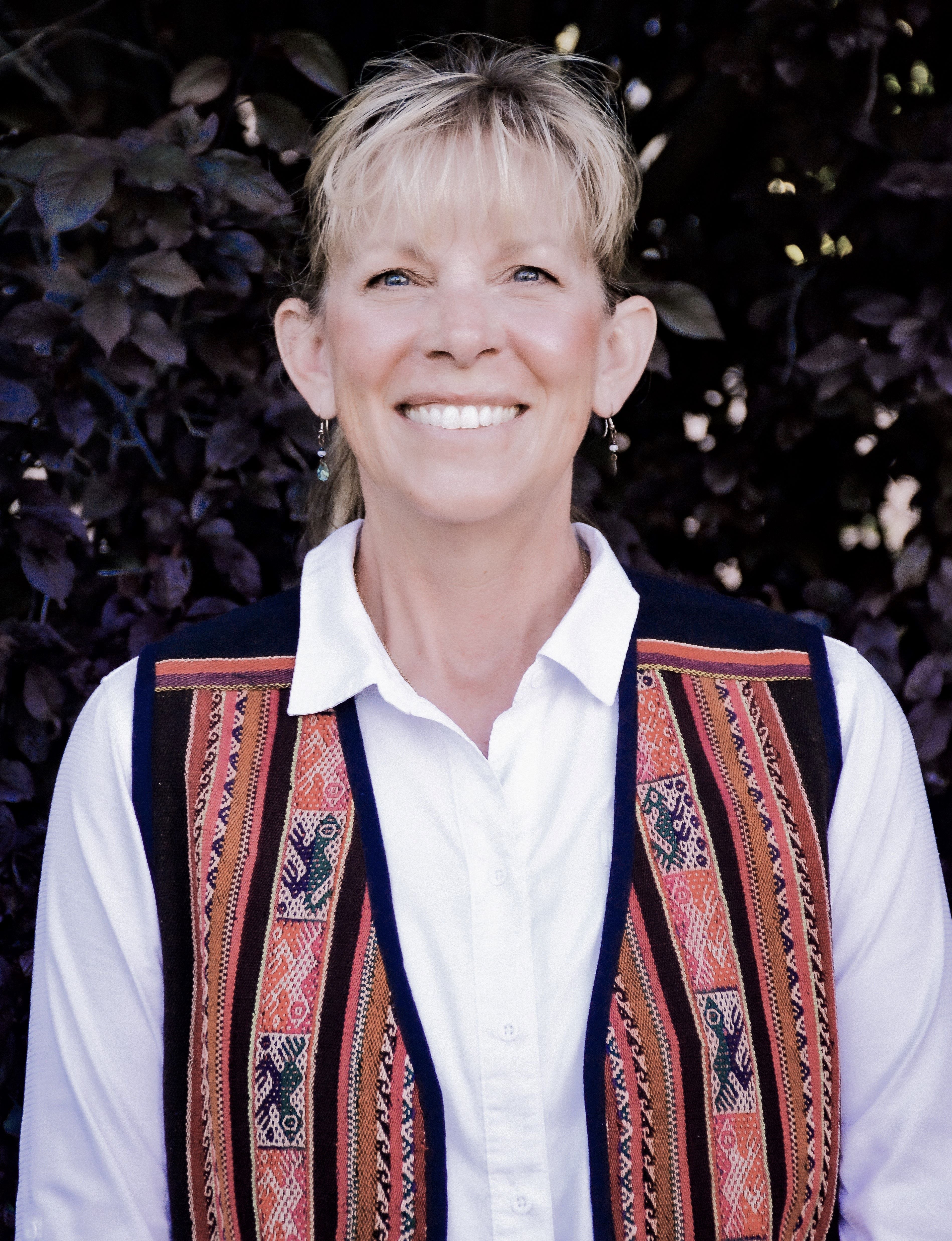Tourism college director onboards new faculty amid pandemic obstacles

The building at Hainan University in Haikou, China, that is home to the Hainan University-Arizona State University International Tourism College (HAITC). Photo courtesy ASU
Coping with the COVID-19 pandemic means dealing with vaccinations, testing, masks and physical distancing.
For Kelly Bricker, director of the Hainan University-Arizona State University International Tourism College (HAITC), add getting recently hired faculty to their assignments in China. It’s a process often complicated by travel restrictions and varying lengths of quarantine periods.
Bricker took over her position in July 2021. HAITC, located at Hainan University in Haikou, the capital of the island province of Hainan in southwestern China, is based in ASU's School of Community Resources and Development. In addition to programs leading to two School of Community Resources and Development bachelor’s degrees, HAITC also offers classes and a degree from the School of Public Affairs. In May 2021, HAITC graduated its first cohort of 220 individuals out of a total student body of about 1,000. The first cohort had a 92% graduation rate.
Since ASU partnered with the Chinese Ministry of Education in 2017, HAITC has offered three successful undergraduate degree programs in tourism development and management, parks and recreation management, and public service and public policy. Students enrolled in the programs receive dual degrees from ASU and Hainan University.
In fall 2022, HAITC is expected to begin offering studies toward two master’s degrees.
Kelly Bricker, HAITC director (submitted photo)
The recently hired faculty members are:
- Paul Wright, an School of Community Resources and Development clinical professor, who is in the United States waiting for a visa to travel to China.
- Ivan Lee, a School of Public Affairs public policy lecturer from Hong Kong who is on his way to Haikou.
- Bruno Ferreira, an School of Community Resources and Development tourism assistant professor, and his wife, Adriana Szabo, a tourism faculty associate, now settling in Haikou, China.
- School of Community Resources and Development Lecturer Kimberly Peterkin, a native of Jamaica who had been in Hong Kong at Hong Kong Polytechnic, now in China and out of a 28-day quarantine.
Bricker said the effort is worth it, because it means that HAITC is growing.
“We’re excited about the launch of the Master of Science degree programs for tourism and public administration in the fall. There is continued excitement around these majors in China,” Bricker said. So far the master’s programs are receiving about five times the number of applications for the approximately 30 seats in each, she said.
“We’re hiring to support that and hiring to provide increased visibility in research and collaboration with the research center in China and the Center for Sustainable Tourism in (the School of Community Resources and Development), for which we are hiring that director position now,” Bricker said. “There is great momentum moving forward. It’s exciting for students and faculty.”
More Law, journalism and politics

Native Vote works to ensure the right to vote for Arizona's Native Americans
The Navajo Nation is in a remote area of northeastern Arizona, far away from the hustle of urban life. The 27,400-acre…

New report documents Latinos’ critical roles in AI
According to a new report that traces the important role Latinos are playing in the growth of artificial intelligence technology…

ASU's Carnegie-Knight News21 project examines the state of American democracy
In the latest project of Carnegie-Knight News21, a national reporting initiative and fellowship headquartered at Arizona State…
